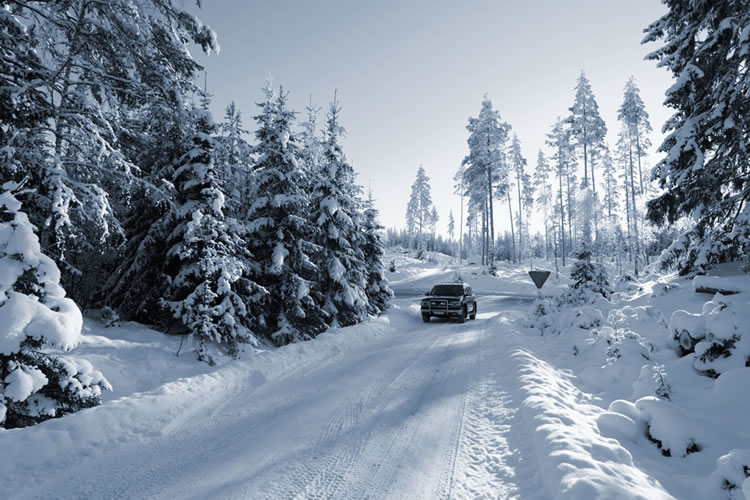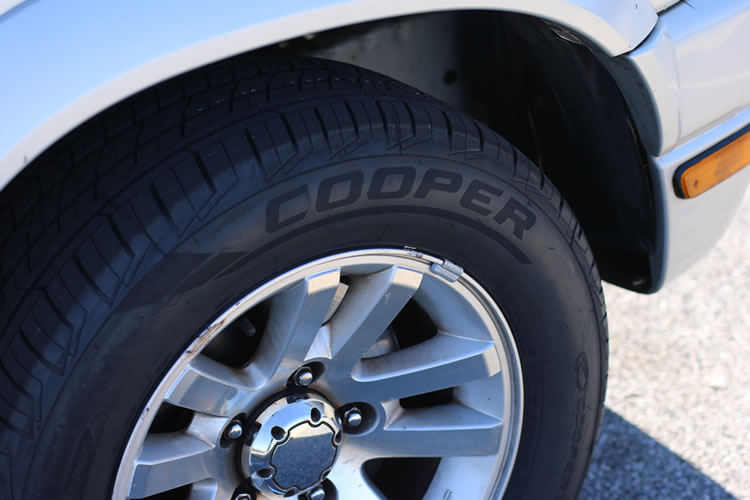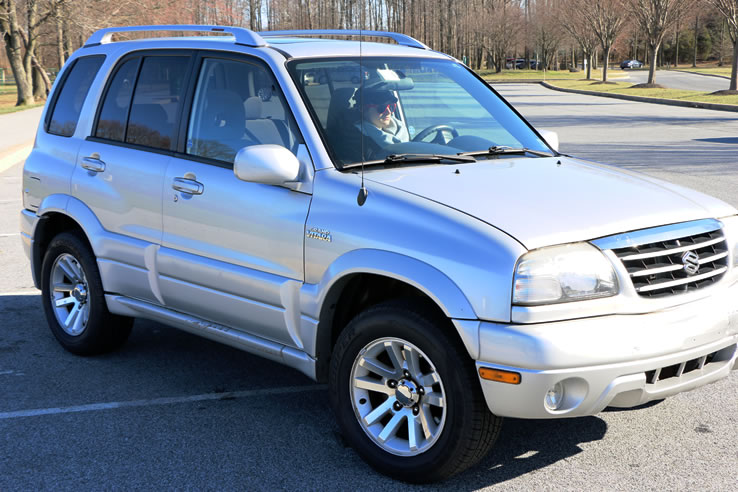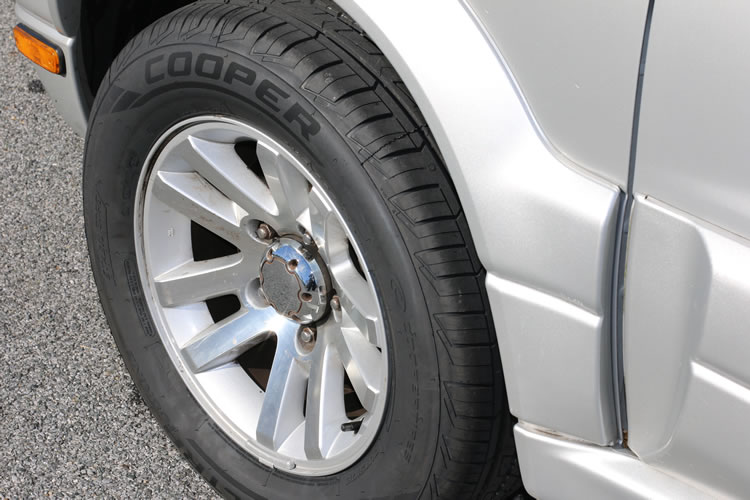Don’t you just love a road trip? I know I do! Recently I’ve been doing a lot more driving than usual. Driving from New York to Washington D.C and back up to Philadelphia over the holidays has definitely put some wear and tear on my car. Especially my tires.
But who cares right? They’re just tires.
Did you know that tires are the single most important safety feature on your car?
I mean it makes sense right? Our tires connect the body of our cars to the pavement. Brakes signal the tires to stop. But, what if your tires are worn they can’t and can’t grip the pavement properly? That can spell disaster.
If you live in a wetter, colder climate where snow and ice may cover the roads certain months of the year, your tire’s health and maintenance is really important.
So what exactly do you know about your tires? Do you know how many miles are on them? How to maintain them? If the tire pressure is okay? What to look for when they need to be replaced? Should they be replaced?

If you’re drawing a blank on these questions (much like I did) it might be time to take a few minutes and learn a few things about tires. Last thing you probably want to do, I know. But, not only will you be able to know if you’re safely driving around in 2 tons of steel, you’ll be able to make some informed decisions next time you have to replace your tires.
Here are some things to consider next time you hit the open road:
1. “All season” tires are not really winter tires.
“All season” tires are not really just that if you live in an area with severe winter weather conditions (think Vermont). Winter tires are specifically designed to improve braking and handling on snow and ice. If you live in a “Winter Wonderland” it’s best to install winter tires November through March.
2. Don’t look on your tire for your normal tire pressure.
Instead check your owner’s manual for your normal tire inflation pressure. You won’t find it on the sidewall of your tire – the tire pressure listed on the sidewall is the maximum pressure allowed for the tire.
Correct air pressure should also be listed on the tire placard attached to the vehicle door edge, glove box door or fuel door.
3. Proper tire pressure = More $ in your pocket
Not only do underinflated tires wear faster, but they also cause your car to use more gas. Maintain your tires properly and you’ll keep more $ in your pocket. You’ll get more gas per mile and your tires will last longer. Cha-ching!$!
4. Cold weather decreases your tire’s pressure.
Experts say that tire pressure decreases about 1 pound per square inch for every 10° F drop in the temperature. Once the temp starts to drop, check that pressure. Be sure to check tire pressure regularly especially in the Winter and Fall.
5. You can check your tread with a U.S. penny.
When was the last time you checked the tread on your tires? If your tires are balding not only will it be harder for your car to grip the road they can actually be dangerous. Not great for a road trip. Tread on your tires should be more than 2/32 of an inch deep. To be sure, take a penny and insert it into your tread with Lincoln’s head facing down. If you can see any of Lincoln’s head, it is time to replace the tire.
6. If only purchasing two new tires, install them on the back axle, always.
It’s usually recommended that all of your tires be replaced at the same time, but if only purchasing two, the new pair should always go on the rear axle. This will help the car handle wet road conditions a lot better.
7. Used tires are a bad idea
They may seem like a money saving item at first (tempting I know), but you won’t know exactly where those tires have come from. Why did the original owner get rid of them? Who knows. They may even be dangerous. Don’t risk it! Those bargain tires may end up costing you a fortune.

Want to ensure your tires are road trip ready?
Visit Cooper Tires here for instructions on a quick routine to check your tire’s pressure.
Considering new tires? Cooper Tires have been designing and manufacturing tires for over a century. I’m pretty sure they know their tires!

This is a sponsored conversation written by me on behalf of Cooper Tire . The opinions and text are all mine.
Better Living uses affiliate links. If you make a purchase through them, we may receive a small commission (for which we are deeply grateful) at no cost to you.



